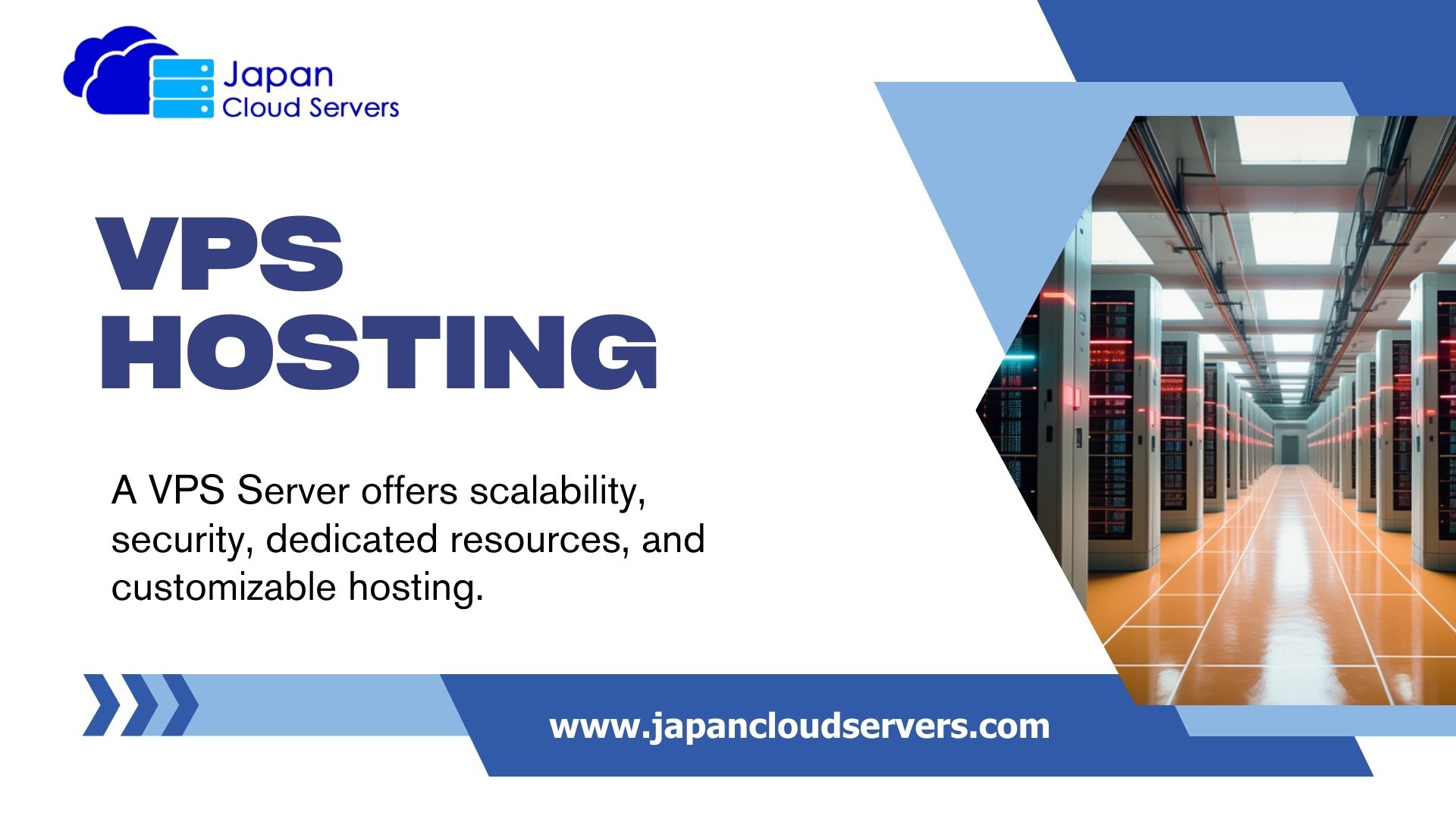
VPS hosting bridges the gap between shared and dedicated hosting, offering dedicated resources in a virtualized environment. It enhances performance, security, and scalability while allowing users greater control over configurations. With SSD storage, premium bandwidth, and isolation from other users, VPS hosting ensures reliable uptime and efficiency, making it a cost-effective solution for businesses and individuals seeking better hosting flexibility.
Key Takeaways
- VPS based hosting is a bridge between shared hosting and dedicated servers.
- It offers dedicated resources within a virtualized environment.
- Provides better performance, security, and scalability.
- Ideal for businesses and individuals needing more control over their hosting environment.
What Sets VPS Hosting Apart
VPS is a powerful solution between shared and dedicated hosting. Unlike shared hosting, where multiple websites reside on the same server with shared resources, Cheap hosting creates a virtualized environment for each user. This means that users get a dedicated portion of resources like CPU, RAM, and storage, ensuring more stability and performance.
How VPS Hosting Works
VPS Server hosting operates using virtualization technology. A physical server is divided into multiple virtual instances, each functioning independently. Each VPS runs its operating system and can be rebooted separately. This setup allows users to install custom software and tailor configurations to their needs.
Benefits Of Shared Hosting
- Dedicated Resources: VPS ensures users get a predefined amount of CPU, RAM, and disk space. This prevents performance fluctuations common in shared hosting, where a high-traffic website can slow down others.
- Increased Security: Since each VPS is isolated from other accounts on the same physical server, security risks from different users are minimized. Unlike shared hosting, this means malware or hacking attempts on one account do not affect others.
- Customization and Control: Users have full root access, enabling them to install custom applications, configure server settings, and fine-tune security measures according to their requirements. Shared hosting lacks this level of customization since the hosting provider predetermines settings.
- Better Performance: In a shared hosting environment, multiple websites rely on the same server resources, leading to slow load times, especially during traffic spikes. Virtual Private Server hosting guarantees a stable performance since resources are explicitly allocated to your VPS instance.
- Scalability: VPS based hosting allows users to scale resources as their website grows. Unlike shared hosting, where users need to migrate to a higher plan when they outgrow their existing setup, Server hosting offers easy scalability by upgrading CPU, RAM, or storage without migrating to a different server.
- Improved Reliability: With shared hosting, if one website crashes or experiences downtime, other websites on the same server may also be affected. VPS server hosting isolates accounts, ensuring that downtime in one VPS instance does not impact others.
How VPS Differs from Dedicated Hosting
While VPS server provides many advantages over shared hosting, it is still a virtualized solution. On the other hand, a dedicated server means an entire physical machine is assigned to one user. While dedicated servers offer maximum performance and control, they come at a higher cost. VPS server hosting strikes a balance by providing dedicated-like benefits at a fraction of the cost.
The Speed Advantage of Modern VPS Solutions
VPS Server significantly enhances website speed by providing dedicated resources, SSD storage, and optimized network routing. Unlike shared hosting, VPS based guarantees consistent performance, where resources fluctuate based on multiple user demands. SSDs reduce data retrieval time, ensuring faster loading speeds, while scalable options allow users to upgrade RAM and CPU power as needed. Additionally, many VPS providers incorporate premium bandwidth and optimized routing to reduce latency, making websites more responsive. Custom server configurations, caching mechanisms, and content delivery networks (CDNs) further enhance performance, ensuring that modern VPS solutions deliver faster, more efficient hosting experiences than traditional shared hosting options.
Setting Up Your VPS
Setting up a VPS involves selecting an operating system, installing a control panel, configuring SSH access, setting up firewalls, installing necessary software, and optimizing performance. First, users must choose between Linux and Windows-based VPS, depending on their requirements. Installing a control panel like cPanel or Plesk simplifies management. Secure Shell (SSH) access allows remote server configuration, critical for security and administrative tasks. Users should then configure security measures, including firewalls and access controls, and install necessary software such as web servers, databases, and applications. Optimizing performance using caching solutions and CDNs and monitoring server logs ensure smooth operation. Regular updates and backups help maintain a secure and efficient VPS environment.
Factors to Consider
- Operating System: Choose Linux for flexibility and cost-effectiveness or Windows for compatibility with Microsoft applications.
- Resource Allocation: Look at CPU cores, RAM, and storage requirements based on your website’s needs.
- Scalability: Ensure the VPS plan allows for easy upgrades.
- Managed vs. Unmanaged VPS: A managed VPS is ideal for beginners, while an unmanaged VPS gives advanced users more control.
- Customer Support: 24/7 support is crucial for resolving technical issues.
Conclusion
VPS Server is a robust solution for those seeking a balance between affordability and performance. It provides dedicated resources, better security, and enhanced speed compared to shared hosting while being more cost-effective than devoted servers. Choosing the right VPS provider and configuring the server correctly can significantly impact website performance, security, and user experience.
Frequently Asked Questions

